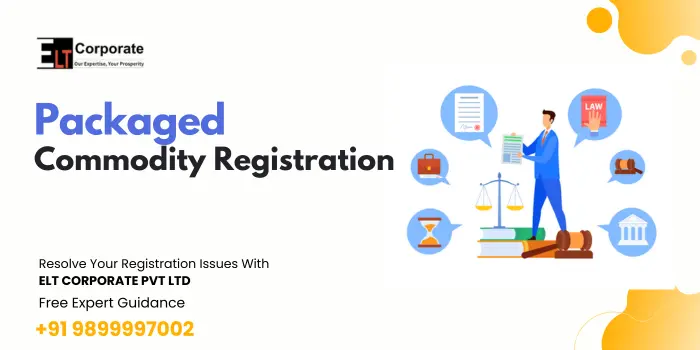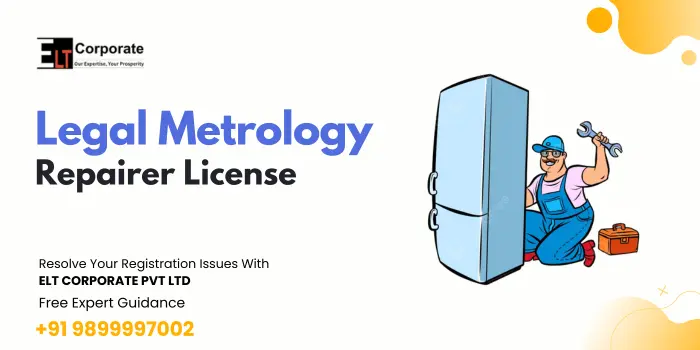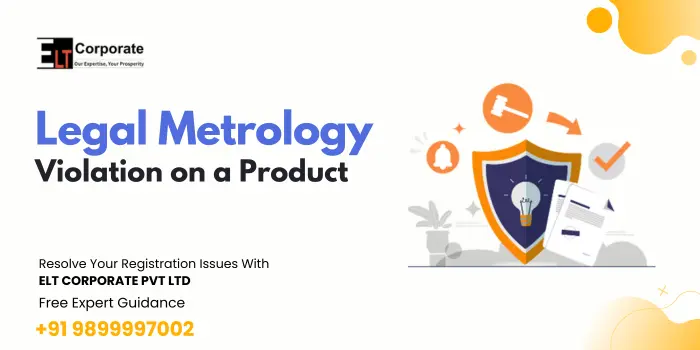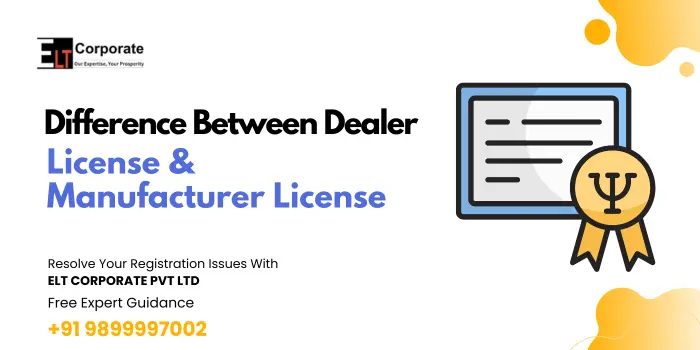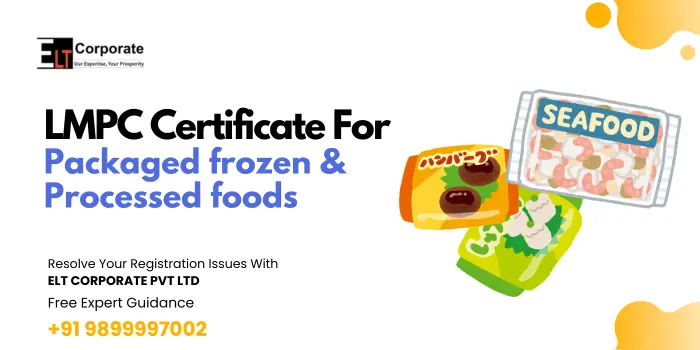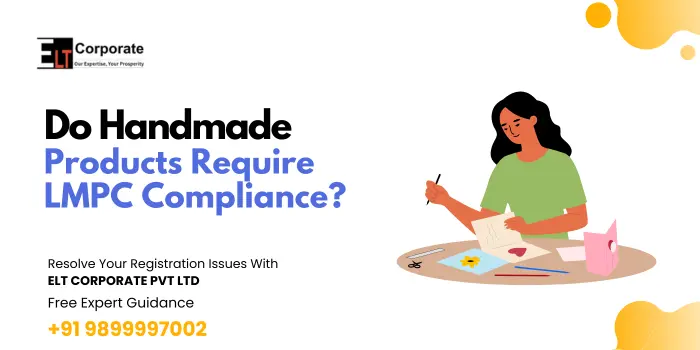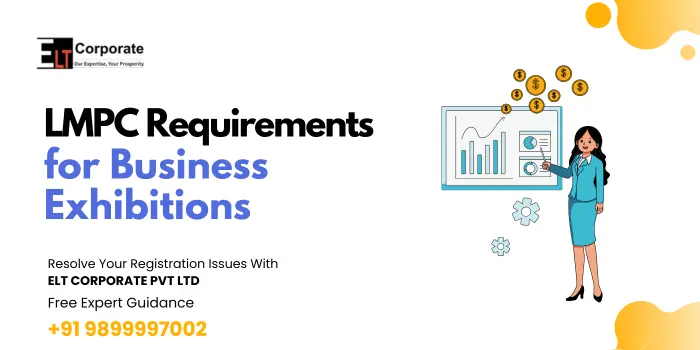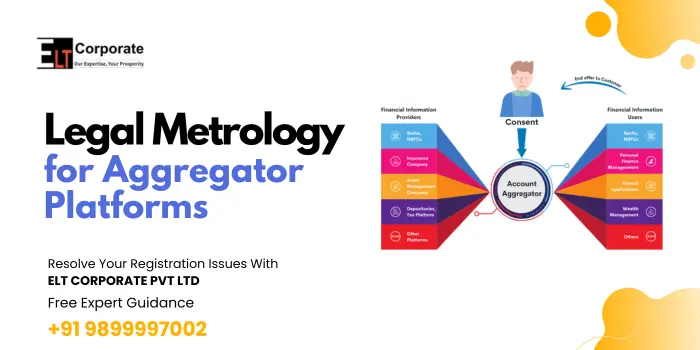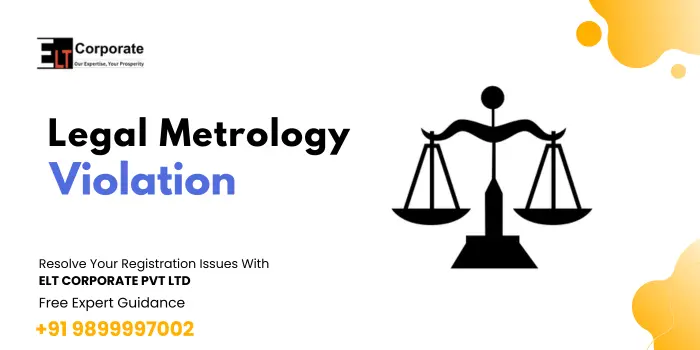Packaged Commodity Registration
Packaged Commodity Registration under the Legal Metrology Rules, 2011, is an important procedure that all manufacturers, importers, and packers have to introduce in India. It ensures that all product labels and packaging strictly follow the declarations mandated by the Legal Metrology Department. This also includes net quantity, MRP, manufacturing date, and details. Without packaged commodity registration, businesses can risk legal actions, product seizures, and removal from online marketplaces. This regulation upholds consumer rights by preventing deceptive packaging practices, but also brings uniformity in how product information is shown on the label. Packaged commodity registration is, therefore, not just a regulatory formality; it’s a necessary step that supports building trust and enables fair competition in both physical and digital retail markets. What is Packaged Commodities Registration? Packaged Commodities is the formal enrollment of pre-packaged products with the Department of Legal Metrology. It guarantees that all retail products comply with the labelling requirements specified in the Legal Metrology Act. Important Points To Know: S.No. Aspect No-Registered Product No-Regsitered Product Registered Product Compliance Follow all Legal Metrology Rules Non-compliant and liable to penalties 2. Sale Platforms Can be listed on e-commerce portals Likely to be removed 3. Consumer Trust High Low Why Is Packaged Commodity Registration Important? Certainly, packaged community registration ensures compliance with the law, prevents consumer exploitation, and enhances market credibility. It also ensures consistency in packaging and provides complete product information to the buyers. Benefits of packaged commodity registration: Who Needs To Obtain Packaged Commodity Registration? In India, anyone involved in the production, packaging, or pre-packaged commodities is required to obtain an LMPC registration certificate. This includes: When Should You Apply For Packaged Commodity Registration? Packaged Commodity Registration should be secured before products are introduced to the market or advertised for sale: What Is the Process Commodity Registration? Packaged Commodity Registration involves submitting an application and documents to the respective state’s Legal Metrology Department. The process is simple if you are aware and following the correct steps: Documents Required for Packaged Commodity Registration Here, we have mentioned the most important documents required for the packaged commodity registration: What Are The Labelling Requirements Under Packaged Commodity Rules? The labelling requirements under the Packaged Commodity Rules 2011, pre-packaged commodities should display certain mandatory details on their labels. The labelling requirements include: Packaged Commodity Registration Validity Certainly, the Legal Metrology Packaged Commodities registration validity can vary as per different states. However, it is valid for 1 to 5 years after being issued by a state government. Why Choose ELT Corporate For Packaged Commodity Registration? Packaged commodities registration requires attention to detail and precise compliance with legal metrology norms, which often vary across states. ELT corporate, make sure your registration is done correctly in first time.

